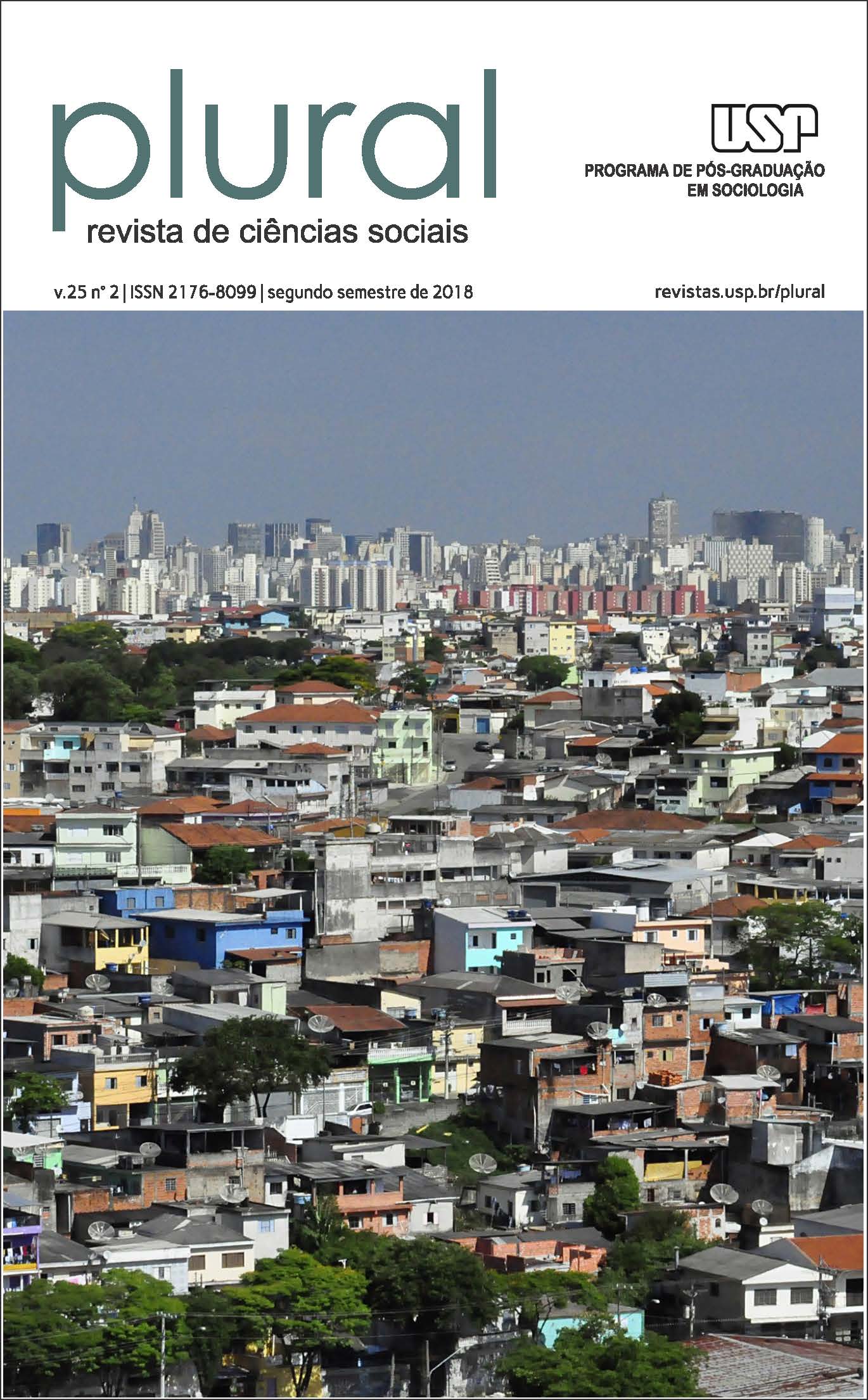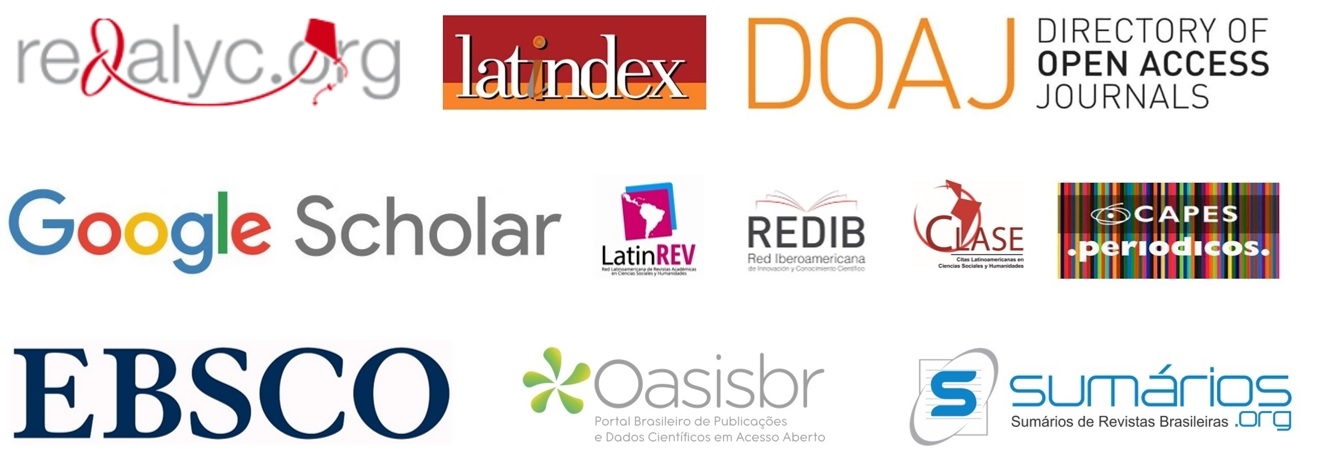Reconfigurando a cidade: arte e ocupação no Hotel Cambridge em São Paulo
DOI:
https://doi.org/10.11606/issn.2176-8099.pcso.2018.153618Palavras-chave:
Fazer-cidade, Arte contemporânea, Desobediência epistêmica, Hotel Cambridge, Política prefigurativaResumo
Neste artigo, exponho como os praticantes da arte contemporânea incorporam desobediência epistêmica e o conceito de ocupação para proporem uma reconfiguração da cidade. Primeiro, argumento que há cada vez mais reflexão sobre a ressignificação do espaço urbano, provocada por um tipo particular de prática de arte contemporânea intersticial; em seguida, defendo que os contextos em que essas práticas ocorrem sugere que artistas trabalhando com tais paradigmas encontram, e respondem a, uma noção totalmente diferente de “participação” do que aquela articulada por Claire Bishop (2004, 2012) ou Nicolas Bourriaud (2002). A localização é essencial ao que caracteriza e forma a prática artística. Situadas na fronteira porosa entre espaços de arte contemporânea institucionais e não-institucionais e frequentemente integradas às complexas lutas pelo direito à cidade, essas práticas ocorrem dentro de redes e hierarquias, que derivam de múltiplos modos de vida. É esta encruzilhada de eixos – o horizontal e o vertical, o efêmero e o utópico – que dá a tal reconfiguração seu potencial único, enquanto também oferece uma teorização da já amplamente observada iminência da arte.
Downloads
Publicado
Edição
Seção
Licença

Este trabalho está licenciado sob uma licença Creative Commons Attribution-NonCommercial-ShareAlike 4.0 International License.
Ao submeter seu trabalho à Plural, o autor concorda que: o envio de originais à revista implica autorização para publicação e divulgação, ficando acordado que não serão pagos direitos autorais de nenhuma espécie. Uma vez publicados os textos, a Plural se reserva todos os direitos autorais, inclusive os de tradução, permitindo sua posterior reprodução como transcrição e com devida citação de fonte. O conteúdo do periódico será disponibilizado com licença livre, Creative Commons - Atribuição NãoComercial- CompartilhaIgual –, o que quer dizer que os artigos podem ser adaptados, copiados e distribuídos, desde que o autor seja citado, que não se faça uso comercial da obra em questão e que sejam distribuídos sob a mesma licença (ver: http://www.creativecommons.org.br/).







